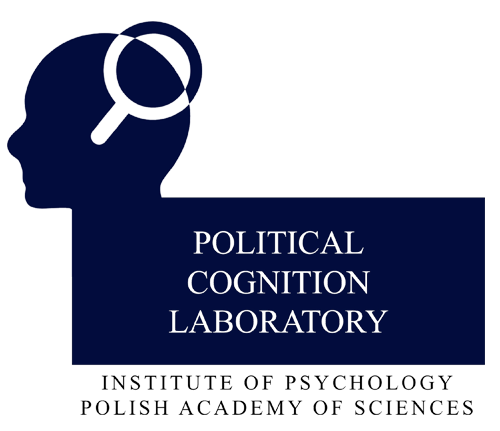New publication by Political Cognition Lab members and colleagues.
Support for democracy is based on warmth, inclusiveness, and a general belief that others are well-intentioned. It is also related to a willingness to respect the rights of outgroups which do not necessarily share the views of one’s ingroup. In this research, we analysed the relationships between different types of national identity and support for democracy. In two surveys (Study 1; American participants, n = 407 and Study 2; Polish participants; n = 570), we found that support for democracy was negatively linked to collective narcissism, measured in relation to the national group, previously associated with negative intra- and inter-group outcomes. The effect of national narcissism on democracy support was present even when accounting for national identification. In Study 2, we also found that this effect was mediated by social cynicism – a negative view of human nature. In both studies, support for democracy was positively linked to a secure national identity, that is national identification without the narcissistic component, which tends to be associated with positive attitudes towards others. We discuss implications for understanding the role of national identity in support for (il)liberal politics.
The article published in the British Journal of Social Psychology was co-financed from the Dialog project and it was written in collaboration with researchers from the Political Psychology Lab at Kent and Social Psychology team at SWPS University.
More information can be found here: Who respects the will of the people? Support for democracy is linked to high secure national identity but low national narcissism








